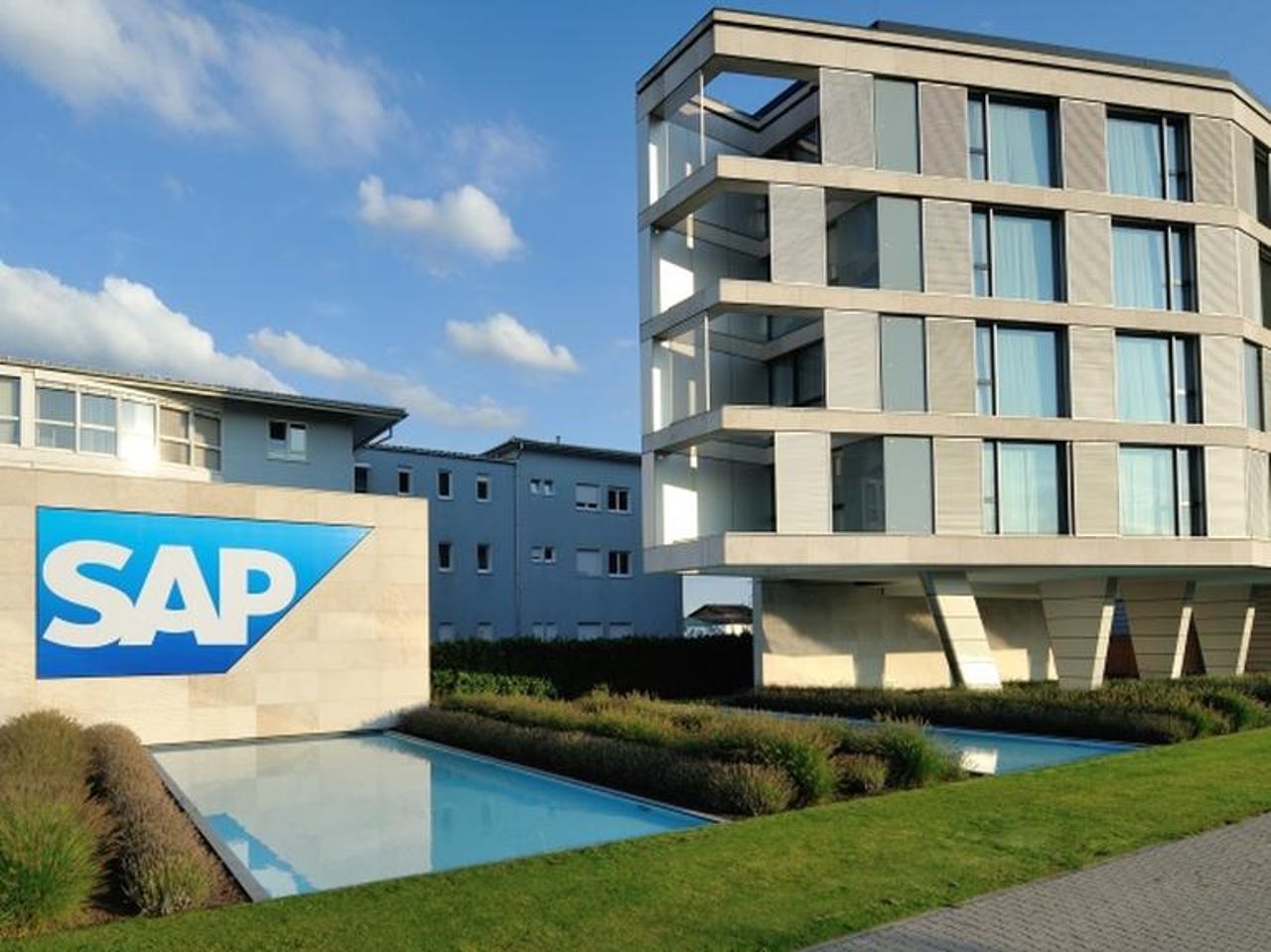SAP turns to new partners to help build successful IoT ecosystem


SAP
SAP is convinced the burgeoning Internet of Things (IoT) market gives it opportunities to strengthen its relationship with existing customers and expand its reach into new markets -- that's why the enterprise giant is committing $2.2 billion to its IoT portfolio.
The Internet of Things will "enable companies around the world to really rethink business processes, to innovate business models and change the way people work," Hans Thalbauer, SAP's senior vice president of Extended Supply Chain and IoT, told ZDNet. "We very simply want to connect things with people and business processes."
To build those connections, Thalbauer says, SAP must cultivate its own business network.
"The importance of partnerships in the ecosystem is unbelievable," Thalbauer said. "The goal here is to really have one of the biggest ecosystems for IoT in the world."
That ecosystem includes companies that could be considered both allies and competitors, like GE Digital. The two companies recently announced they're collaborating on Industrial IoT efforts, strengthening the integration between GE's Predix operating system and SAP HANA Cloud Platform.
"The combination will help companies, especially in discreet manufacturing industries," Thalbauer said. "It's not only the technology integration that's important but also the integration of business processes -- working on asset management processes and asset intelligence networks is a huge topic we want to address."
SAP and GE Digital can build a productive relationship, Thalbauer said, even though their offerings overlap in some areas. Both companies, for instance, support digital twins -- a digital avatar of a mechanical asset that can be monitored remotely. To capitalize on their respective strengths, the two companies will initially focus their collaborative efforts on the oil and gas industry.
Meanwhile, SAP has been lining up other partners Siemens, Bosch and even UPS. "The goal is really to have an extremely wide set of partnerships to support [different] business processes in all the different regions," Thalbauer said.
As SAP builds up its own partnerships, it's also helping its customers manage their own business networks. SAP's ability to help companies manage their business relationships -- with small and large companies -- will give it a competitive advantage as the demand for IoT capabilities grows, Thalbauer said.
"If you look at the market and level of adoption of these types of processes with IoT, definitely it is in the larger enterprise segment where we see the maturity right now," he said. "But when you think about these processes, many of them need collaboration and a network of companies working together."
For example, he continued, "If I get information from an asset -- from a machine or pipeline -- much earlier and I can predict that something might happen, I might need immediately the ability to collaborate with my partners." Many, if not all, of these large companies work also with smaller companies."
In addition to providing tools for asset visibility and analytics, SAP is trying to connect these companies' business processes and networks through Ariba, its B2B sourcing and procurement platform. Including the approximately 2 million businesses on Ariba -- including plenty of small businesses -- in IoT management "is a huge advantage and differentiator SAP can bring to the table," Thalbauer said.